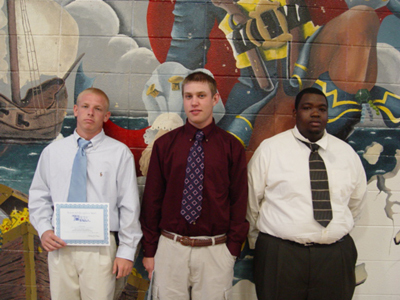History
Two welders who understood the need for trained, professional welders founded Tulsa Welding School in Tulsa, Oklahoma in 1949. The school has stood the test of time and is still a prosperous program: today, over 60 years later, the Tulsa Welding School is the largest accredited welding school in the nation. The school’s mission is to create the best welding inspectors and welders in the world.

